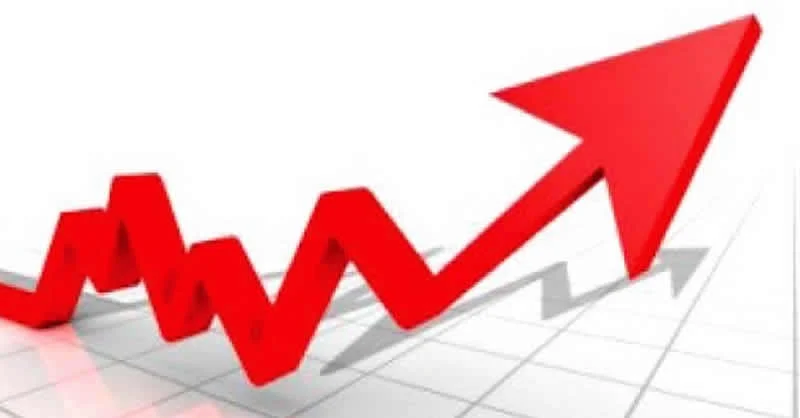According to official data released on Wednesday, food price increases caused British inflation to soar to a new 40-year high in July, aggravating the nation’s cost-of-living crisis as a possible recession looms.
According to the Office of National Statistics, the Consumer Prices Index increased to 10.1 percent last month from 9.4 percent in June, which was a record at the time.
Inflation will reach its highest level since 1980 this year, just over 13 percent, the Bank of England warned earlier this month.
It also projected that the country would enter a recession that would last until late 2023, with official data last week showing Britain’s economy shrank in the second quarter.
“I understand that times are tough, and people are worried about increases in prices that countries around the world are facing,” said finance minister Nadhim Zahawi following the release of the latest inflation data.
“Getting inflation under control is my top priority, and we are taking action through strong, independent monetary policy, responsible tax and spending decisions, and reforms to boost productivity and growth,” Zahawi said.
NIGERIA RECORDS UP TO 11.44% RISE IN INFLATION
He said the government is “helping where we can” through its £37 billion support package.
Britain is facing a cost-of-living crisis, with wage values falling at a record pace.
The deteriorating economy will be inherited by Prime Minister Boris Johnson’s successor after he leaves office next month, with fellow Conservatives Liz Truss and Rishi Sunak vying to take the reins.
The central bank raised its key rate by 0.50 percentage points to 1.75 percent at its last policy meeting, the biggest hike since 1995.
The BoE move mirrors aggressive monetary policy from the US Federal Reserve and the European Central Bank last month, as the world races to cool red-hot inflation that has been fuelled by Russia’s invasion of Ukraine.
The UK’s statistics office said the “largest movements” in the CPI in July came from food.
Bread and cereals were the largest contributors to the rise in food prices, followed by milk, cheese and eggs.
The increases were reflected in higher prices for takeaway food prices, said ONS chief economist Grant Fitzner.
“Price rises in other staple items, such as pet food, toilet rolls, toothbrushes and deodorants also pushed up inflation in July,” he added.
Prices for package holidays and airfares also increased due to higher demand, Fitzner said.
The cost of raw materials and goods leaving factories continued to rise.
AFP
Follow us on Facebook
Post Disclaimer
The opinions, beliefs and viewpoints expressed by the author and forum participants on this website do not necessarily reflect the opinions, beliefs and viewpoints of Anaedo Online or official policies of the Anaedo Online.

